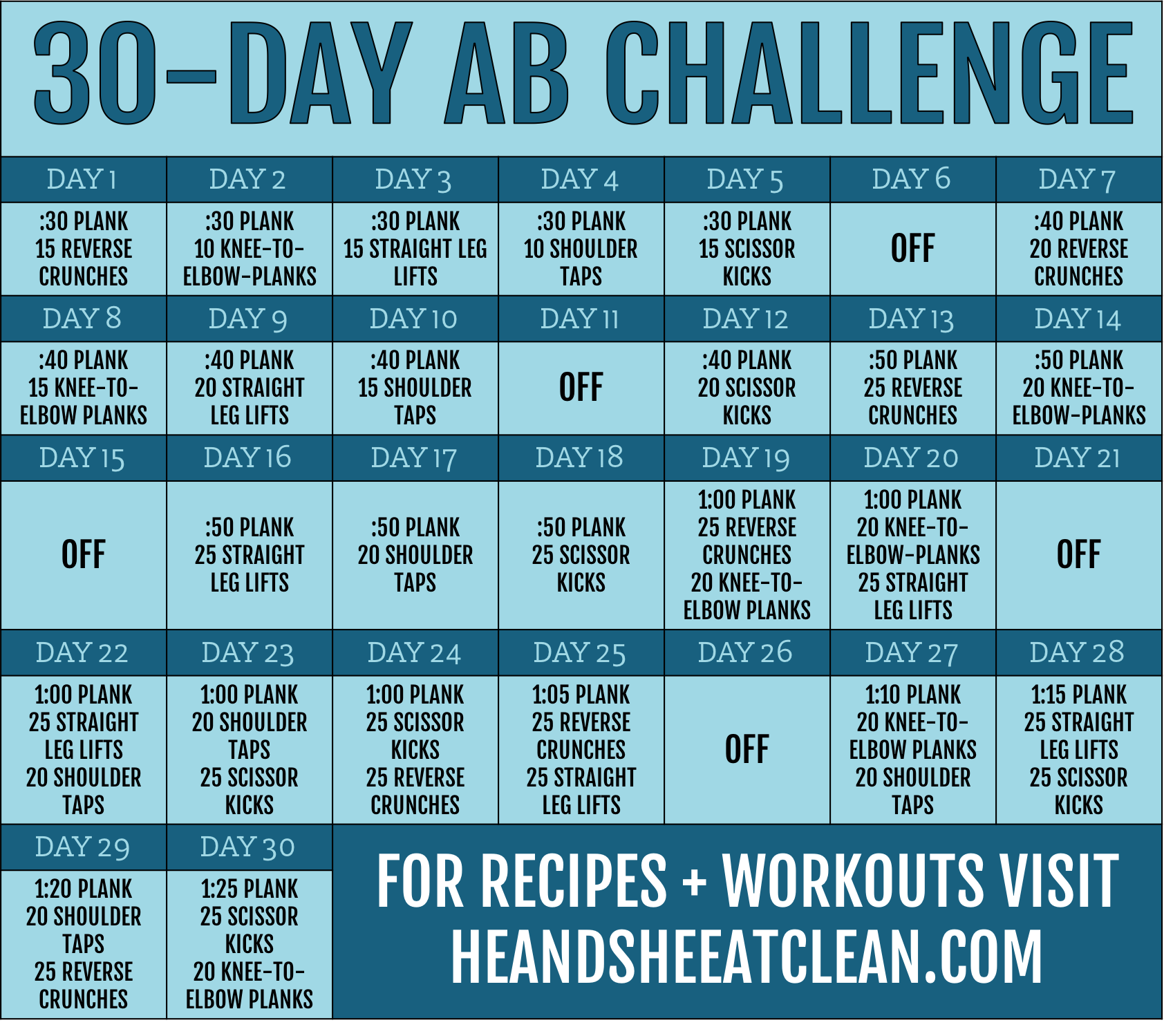Greek Yogurt vs. Traditional Yogurt - What's Your Better Choice?
If dairy is something you are including in your eat clean diet (yes, we consider organic dairy clean - in moderation), you need to know the difference between Greek yogurt and traditional yogurt. While there are recipes and situations that warrant the use of both, when in doubt, go Greek!
Here's the simple stats:
On average, Greek Yogurt has double the amount of protein than traditional yogurt. Think 20g vs 10g! The added protein will not only help rebuild your muscles and keep your body functioning at top capacity, but it keeps you feel fuller, longer.
Greek Yogurt typically also has half the carbs too! The taste is a little more on the tart side, but with the addition of berries, nuts and/or a small amount of honey, you can definitely trick your taste buds from noticing the difference!
Not sure what to look for when you go to the grocery store? Here are a few things to think about:
- We always try to buy organic dairy.
- NEVER buy flavored yogurts. They typically have added sugars and more ingredients than just fruit. If you can find one that ONLY has fruit, go for it, but we are yet to find one!
- 2% milk fat or 1% milk fat is a better choice than non-fat dairy products. Fat is a good thing if incorporated into your diet correctly! Non-fat varieties often have added sugars to compensate for a lack of milk fat.
Have you incorporated Greek yogurt into your diet? What is your best suggestion for those who are yet to make the switch?
PS - We looked at the nutritional facts on FAGE Total 2% Greek Yogurt and Stonyfield Farms Organic Lowfat Plain Yogurt for the purposes of this article.






![#ProgressIsPerfection [3 Simple Ideas to Reach Your Goals]](https://images.squarespace-cdn.com/content/v1/555c964fe4b07d15252a8927/1520969172984-7HDOHI6ZRM0PCZCZ7O67/progress-is-perfection-silk-he-and-she-eat-clean2.jpg)





























